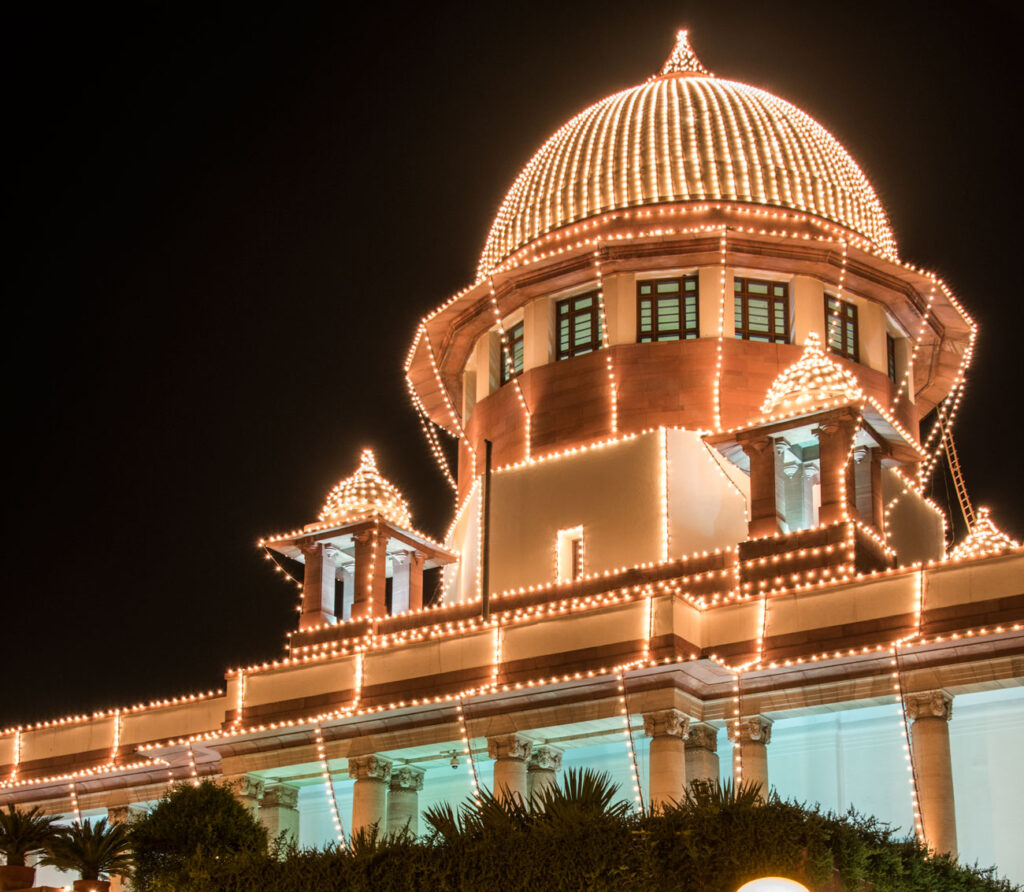New Delhi, Jan 24.
Law Minister Kiren Rijiju on Tuesday took umbrage to the Supreme Court collegium making public adverse IB reports on candidates recommended for appointing as judges.
Placing secret or sensitive reports of the RAW or IB in public domain is a “matter of grave concern” Rijiju said, days after the collegium placed several such reports in public domain in a bid to counter government objections to its recommendations.
The objections by the IB/RAW ranged from critiquing government policy on social media or articles critical of the top executive etc.
The collegium had said that candidates being recommended as judges enjoyed the right to free speech guaranteed to all citizens and any critique of government policy or action cannot be held against them.
The collegium accordingly reiterated these recommendations and made the government’s adverse inputs public on its website. The Law Minister spoke out against making such IB/RAW reports public at a judicial function today.
He seemed to suggest that this places IB/RAW officials who work in anonymity in an unenviable situation. He did not elaborate further except to state that he would speak about it further some other day. “It is a serious issue and one day I will speak on this,” he said.
His comments added further grist to the swirling controversy over the standoff between the judiciary and the executive on the collegium system of appointing judges to the constitutional courts i.e., the top court and the High Courts.
Top government functionaries including the vice president have recently attacked the system, put in place way back in 1993, as not reflective of the people’s will.
This argument was rejected by the Supreme Court when it had struck down the government’s proposed National Judicial Appointments Commission.
The court had said that the Constitution reflected the people’s will while Parliament only reflected the will of the majority at any particular point of time in history.
Rijiju had also spoken out against the collegium system and followed it up by writing to CJI D.Y. Chandrachud, who leads the five-member collegium of five senior most judges of the top court including the CJI, seeking a say over the process of appointing judges to the constitutional courts.
The court has earlier rejected the proposal to include the Law Minister in the process in the NJAC ruling. Now the government is seeking the same via way of revision of the memorandum of procedure which governs the process of appointing judges.
Once a proposal has been rejected in an Act, it is unlikely that it would be included in the rules.
The CJI led collegium had treated the issue of revising the MOP as closed in 2017 when the last correspondence on the issue was exchanged.
The collegium had then rejected an attempt by the government to include a national security clause that would have given it the final say over names of candidates.
The government has reopened the issue after 5 years through Rijiju’s letter. A formal reaction of the collegium to Rijiju’s letter is, however, awaited.
The Law Minister has since tried to defuse the controversy by stating that no Mahabharata was going on between the executive and the judiciary, and that he was in touch with the CJI on the issue.
Though the collegium was to follow up on its NJAC ruling by creating a secretariat and a complaints committee to examine background and experience of candidates seeking to become judges, the exercise never took off.

